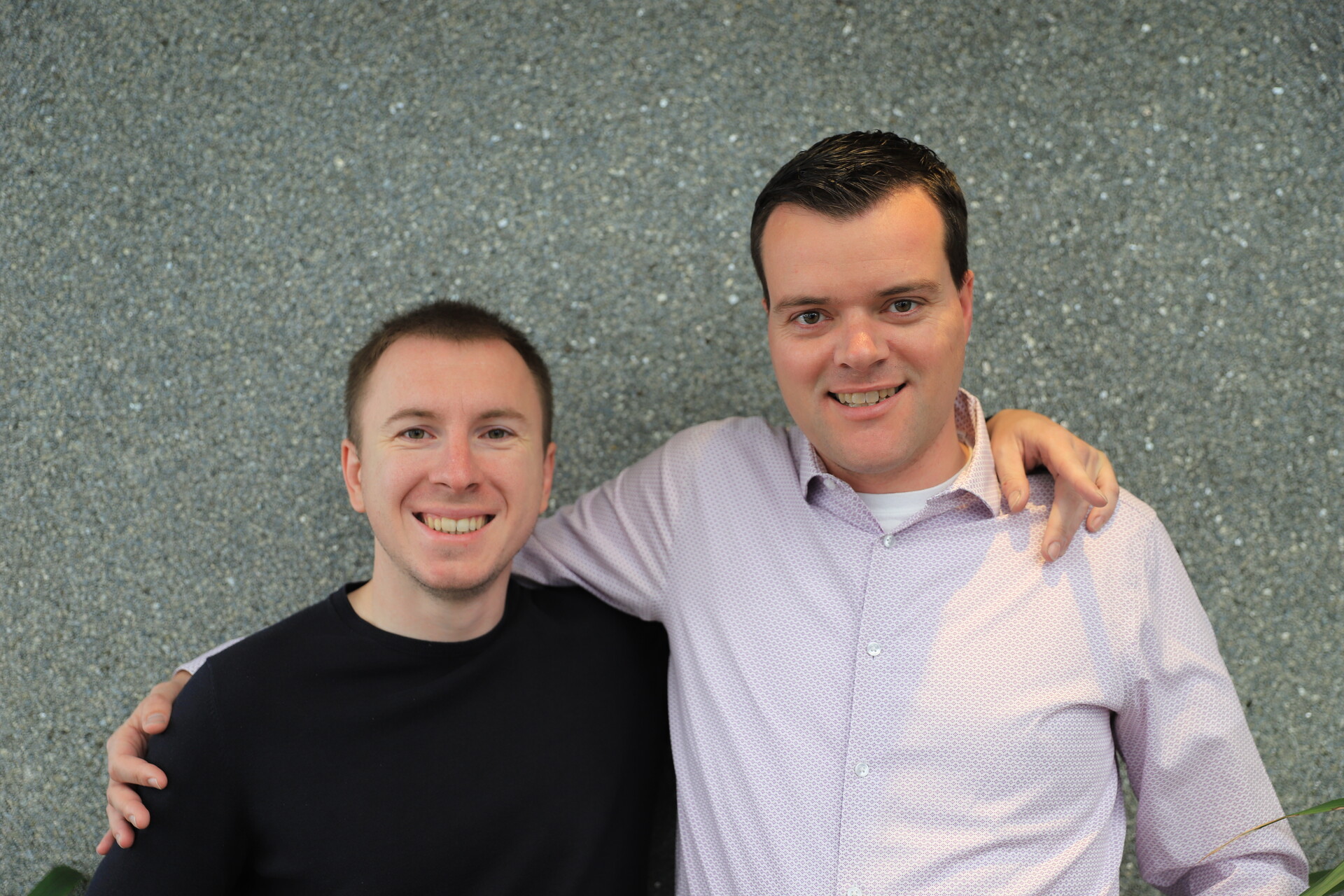[00:13:56] Constantijn - "Now with the pandemic, a lot of companies are struggling because they can't convey culture directly. There is no proverbial coffee machine talk as there is no physical location for companies anymore. That's actually the reason why a lot of companies want to bring their staff back. How do you make sure that your culture is truly lived by employees without it becoming a kind of a burden?"
[Sid] - I think it's really, really important to build the company’s culture, and we define it as a combination of our values and the way we work. That said, the way we work is pretty straightforward: it’s how we communicate and this can be written down easily. It is often more difficult to define values in a remote setting.
We defined 20 different practical ways to reinforce our values across teams. They go from pretty trivial, like using Zoom backgrounds with our values in them, to super important ones - like who you hire, who you promote, and who you reward.
For us, these values are not just a bunch of words. They are reflected in a living document with multiple examples & use cases. More than 200 updates were made to our values alone last year.
Another reason why people want to head back to the office is that they're missing the informal communication. Many companies spend for example 10% of their budget on their office, facility management, and all other costs related to an office.
However, what they should do is spend a few percent of that budget, maybe even half of it on facilitating informal communication. And there are many ways to do it, you just need to spend time on that. Most companies have spent an enormous amount of time deciding when to go back to the office, but they’ve spent almost no time making sure that while they're not in the office yet, they're going to stimulate that informal communication in some way. You can't have trust and connection if you only talk about work subjects. Zoom meetings are super-efficient, but team members still need that informal face-to-face interaction. For example, we intentionally organize coffee chats, so for GitLab employees, it's super-normal to just book 25 minutes on someone's calendar to have a quick check-in with a cup of coffee.









